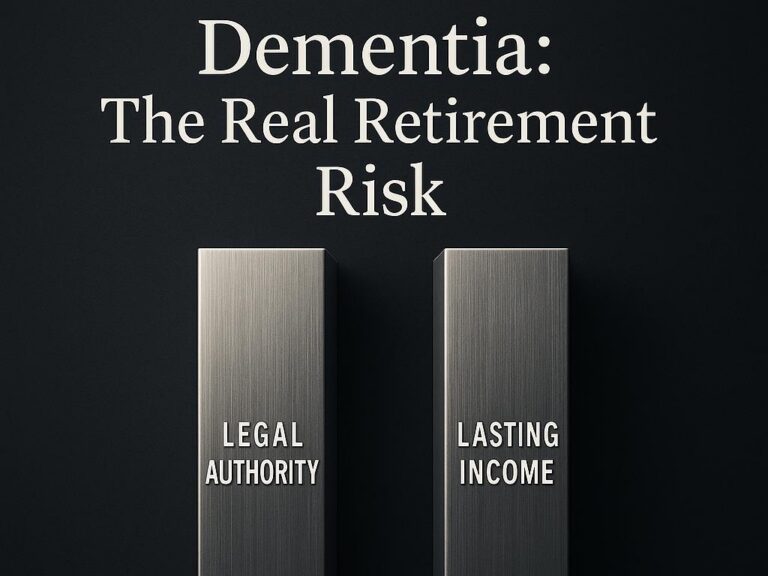An estate planning lawyer can help you set up an advance directive for health care. If you become incapacitated due to illness or injury an advance directive for healthcare can provide information regarding what you want your healthcare providers to do for you. You may have specific wishes regarding end-of-life care, and an advance directive for healthcare can help your medical providers carry out these wishes.
Contact an estate planning lawyer from L. Jennings Law today to schedule a free consultation. If you want to make sure that your wishes are carried out if you become incapacitated estate planning is absolutely essential. An estate planning lawyer can provide you with the professional expertise you need to formulate an advance directive for healthcare.
What Is An Advance Directive For Health Care?
Many individuals do not want to contemplate severe illness or death and how they will deal with these problems. An advance directive for health care is necessary if you are planning for end-of-life medical care. You may lose the ability to tell your friends and family what kind of medical care you want to receive if you are too incapacitated to speak.
Advance directives for health care are legally valid documents providing detailed instructions and guidelines to medical providers, friends, and family members about your health care wishes. These documents serve to make your wishes known to others if you become too incapacitated to make your wishes known.
An advanced directive for health care describes your wishes regarding your medical care to others. Instructions regarding your medical treatment will help medical providers adhere to your wishes if you become incapacitated due to illness or injury.
Any individual can use an advance directive for healthcare. Difficult medical situations may arise and you will need to have an advance directive for health care to make your wishes known.
Health Care Agents And Advance Directives For Health Care
An advance directive for health care may grant another individual the power to make decisions regarding your medical care. This person is usually termed a health care agent. Healthcare agents may also be known as surrogates and patient advocates. In some jurisdictions, the health care agent may be referred to as a proxy, an attorney-in-fact, or an agent.
Advance healthcare directives may use several of these terms interchangeably throughout the documents. If you are incapacitated, and you do not have an advance directive for healthcare, medical care providers may make decisions regarding your medical treatment.
Living wills provide information regarding your healthcare decisions while you are still alive. In a living will you can specifically state the types of medical treatment you want performed. If you do not want specific medical procedures performed you can state these in your living will.
A durable medical power of attorney is another document that permits you to designate a person to make decisions regarding your medical care if you are incapacitated and cannot communicate your wishes to healthcare providers.
Contact L. Jennings Law Today to Schedule a Free Consultation
Contact L. Jennings Law today to learn more about estate planning and advance directives for healthcare. Attorney Ledly Jennings has years of experience representing clients in estate planning matters. We offer exceptional legal representation.







